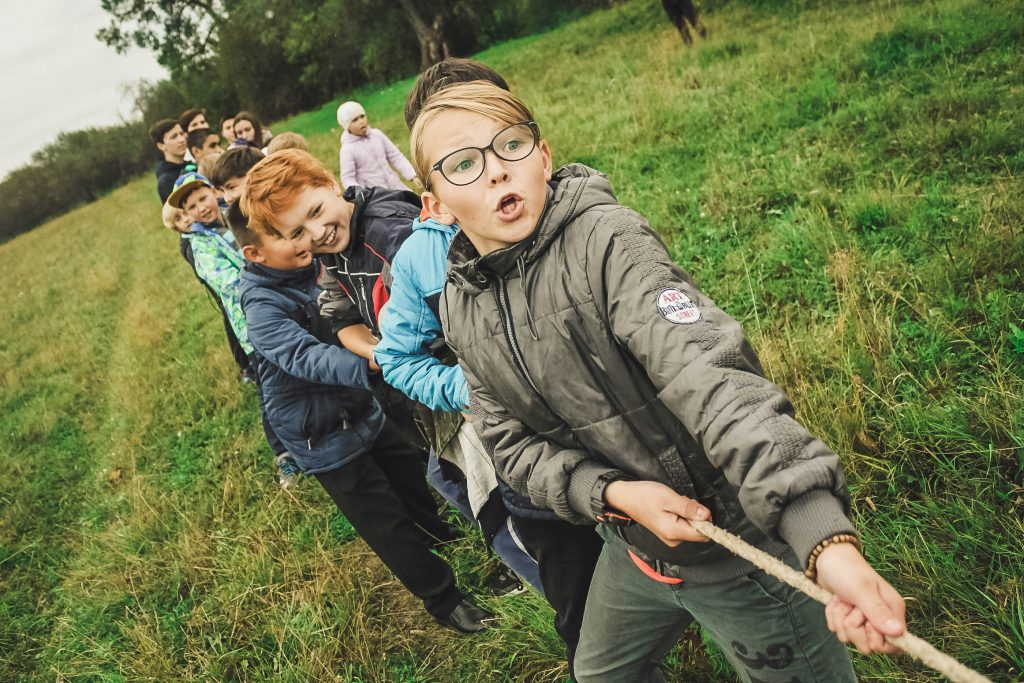
Are you the new sustainability leader in school?
All education settings are working towards new statutory requirements ready for 2025. The requirements are part of the DfE’s climate strategy – and are part of the drive towards decarbonisation for 2050.
In short, schools (and in fact, all education settings) are required to have a sustainability lead in place by 2025, backed up by a climate action plan – more on that later. But, if you have been given the role of a sustainability leader, and you’re not sure where to start. Then start here…
Brush up on your knowledge
Knowing the science behind the climate crisis, understanding the vocabulary and what kind of solutions are being explored will really help build your confidence. And there are many ways to do this – official CPD courses are being developed all the time – and there are some offerings online that can help.
I recommend Climate Fresks for active, dynamic and creative learning – and Carbon Literacy for comprehensive, accredited training. In Cumbria? Go here… Otherwise search out locally, or get in touch.
Find out what’s happening in your school
Ask. Just take ten minutes at the beginning of each staff meeting and focus on one area of you action plan.
Look at your school’s Carbon Footprint
It will be easy to get bogged down in this – developing an understanding of your carbon footprint can be difficult, but you can explore aspects of this with some simple tools. And think of that saying, ‘don’t let the perfect be the enemy of the good’ – in other words, if it is looking difficult to get a comprehensive carbon footprint, then explore one aspect – e.g. energy consumption or food. Or look at suppliers and start conversations that way. You can make an impact by exploring small ideas.
- Keep Britain Tidy’s Ecoschools have a great Carbon Footprint Tool here
- Books such as ‘How Bad are Bananas’ by Mike Berners-Lee may support specific projects and promote conversation
Find out about local support networks
The governments sustainability site has several partners that they recommend – for example the National Parks Nature, or Climate Ambassadors. These partners offer activites, advice and, in the case of Climate Ambassadors, a network of volunteers who can support your school’s action plan. But, there will be local networks who can maybe support a school garden, or explore local renewable energy options.
You can find out more about the DfE’s Sustainability Strategy and support here.